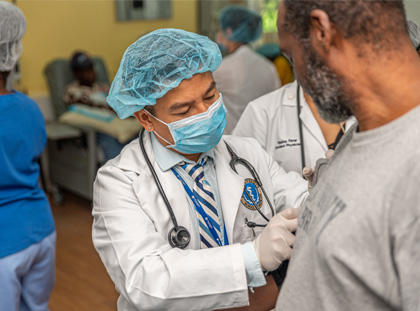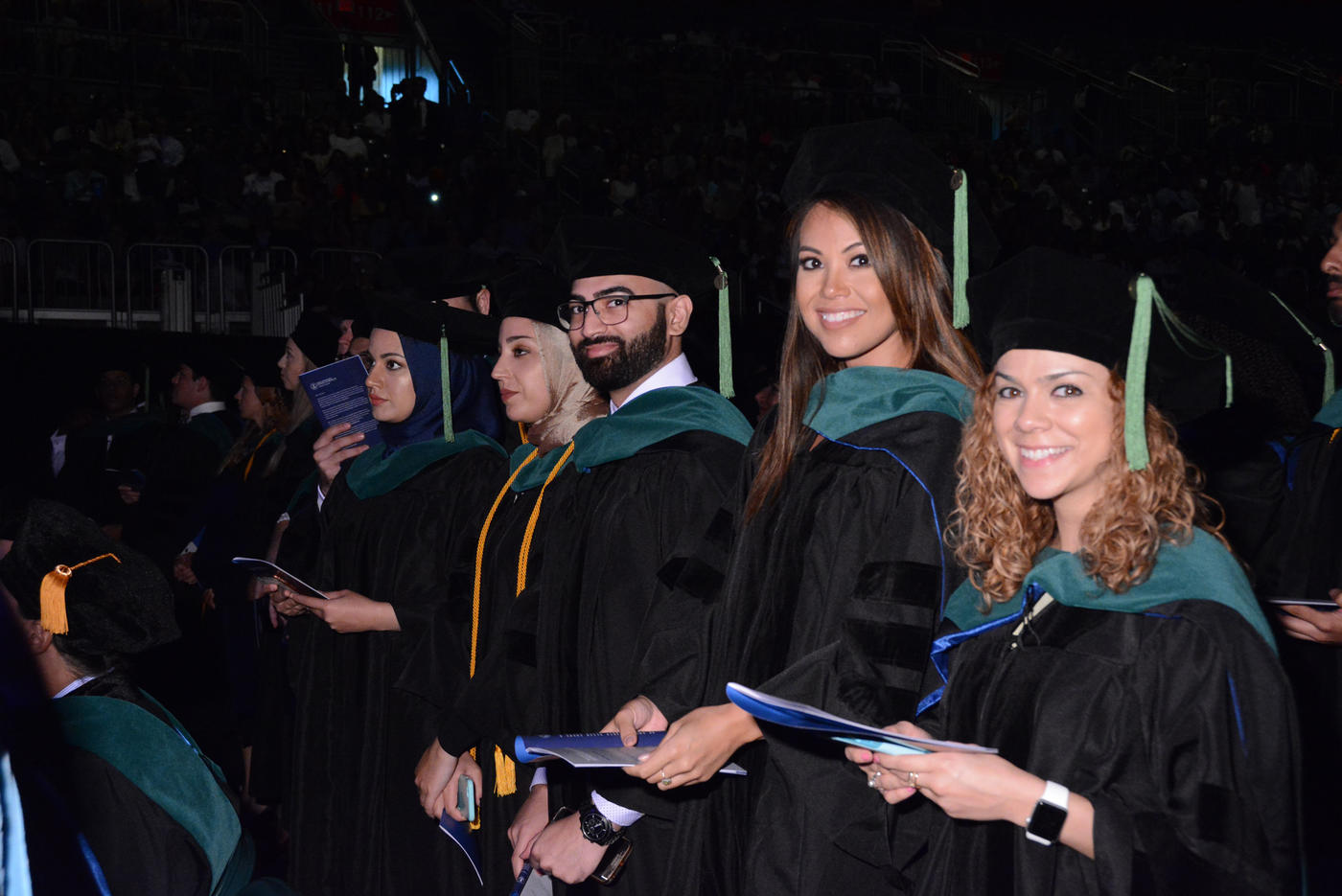There’s no doubt that medical school requires a massive commitment. You’ll spend long hours in class, plus more time reviewing lecture material and preparing for exams. As a medical student, you’ll put in an average of 30-40 study hours a week. Sometimes you’ll feel like there’s more than you can possibly cover and not enough hours in the day. When looking at the amount of study time involved, many students ask, “Can you have a life in medical school besides studying?”
Believe it or not, having a “life” in medical school is possible. You might be amazed to learn that you can have school life balance in medical school. While there are times in medical school when you have almost no free time, you can still have time for a social life in medical school and perform well in class. Managing your time is essential to balance academic performance and also maintain your personal life.
Tips for Time Management in Medical School
Managing your time effectively will give you control over your life and allow you to do your best work. It might not seem easy but building in daily habits and learning hacks will help you maximize your time management during school and find the right balance.
Create a calendar and a daily schedule: The key to time management in medical school means creating a schedule to allocate time for academics, leisure and wellness. Gain more time by establishing a regular plan for sleep, study time, meals and social activities. Structure your time around class, then assign time blocks for key activities like studying and writing, prioritizing them around times when you have the most energy. Schedule the rest of your activity in time slots between the most vital tasks.
Identify your learning style: Evaluate how to expedite study tasks. Do you learn best by writing notes while sitting in a lecture? Should you hand-write or type notes? Or do you learn best by discussing cases with classmates?
Study accelerated learning and memory techniques: Use books or other materials to help you learn the memory tricks and key habits that will help you absorb material faster and more effectively.
Maximize your health habits: Self-care routines are essential for optimal functioning in school. Make sure to build in time for regular sleep, exercise and meal preparation every day. Build in a “cut-off time” for studies to switch the focus to self-care.
How to Balance Medical School and Life
What are Ross University School of Medicine (RUSM) medical students doing on campus when they are not in class? “When not in class, students are active in the campus community in over forty clubs and organizations, intramural sports, community service opportunities, exercising, or just relaxing at one of the gorgeous beaches here in Barbados,” says Manager of Student Engagement and Development Jessalyn Mayer, who works with students on the transition to medical school. “Our clubs and organizations include medical specialty interest groups, cultural and religious organizations, and leisure programs that feature hiking, scuba, horseback riding and archery.”
RUSM students can take a break from their studies with campus services that include “Club Fitness”, a local gym complete with elliptical machines, treadmills, spin bikes and fitness classes.
Life Beyond the Classroom
How does Jessalyn recommend students manage their time so they can study as well as make time for leisure activities? “You need to be able to be disciplined so you can have the time for self-care as well as a social life in medical school,” advises Jessalyn. “Scheduling time outside of studies to prepare meals, exercise, meditate, and even contacting friends and family back home can all have a place in your schedule. RUSM has a workshop during Orientation to help students build a schedule and balance life as a med student.” Jessalyn reminds students to prioritize sleep, exercise, and healthful eating so both brain and body are ready for the demands of medical school.
“The best part of RUSM is the community--you are welcomed here,” says Jessalyn. “You have support from the faculty and staff, and you’ll truly find your med school family here.” Attending medical school at RUSM is a unique opportunity to experience all that Barbados has to offer. “The island has the best beaches, friendly people, great food and tons to do,” explains Jessalyn. “When you manage your time effectively, you can not only get a high-quality education and do well in your studies but can also have the free time in med school to experience a culturally rich community and beautiful natural environment in Barbados.”
Start Your Medical School Journey at RUSM
There are also opportunities to explore the island through RUSM’s “Discover Barbados” series offered through Campus Life, allowing students to take a break from lectures and enjoy time with friends. RUSM student clubs offer a variety of ways to experience the natural beauty and remarkable culture of Barbados. “You can get your scuba certification, participate in beach clean-ups with the Ross Environmental Initiative, and join the Barbados Hiking Association hikes,” says Jessalyn. “We also do a campus-wide Service Day each semester so students can give back to the community here. An RUSM education is all about having a life in medical school.”
An admissions associate can answer any questions about RUSM, the Barbados campus and the admissions process. You can reach the Admissions Office at 855-637-6778 or email admissions@rossu.edu for information about applying to medical school at RUSM.




